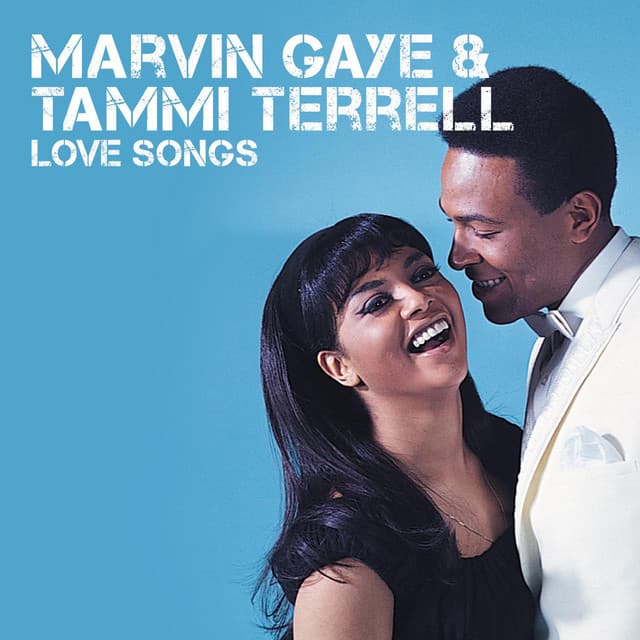
Marvin Gaye & Tammi Terrell – Ain’t No Mountain High Enough: A Song of Unbreakable Bonds and Soulful Resilience
“Ain’t No Mountain High Enough” is a classic anthem of love and loyalty, a song whose message resonates with unshakable devotion. Written by the brilliant songwriting duo Nickolas Ashford & Valerie Simpson in 1966 for the Tamla label, a division of Motown, the song first became a hit in 1967, performed by the dynamic and iconic pairing of Marvin Gaye and Tammi Terrell. The combination of Gaye’s soulful baritone and Terrell’s vibrant soprano created a chemistry that perfectly encapsulated the song’s theme of unconditional love and unwavering commitment.
From the very first note, “Ain’t No Mountain High Enough” strikes a powerful chord with its bold declaration that love transcends all barriers. The song’s lyrics are a promise that no obstacle—be it physical, emotional, or societal—can come between two people who are truly in love. “Ain’t no mountain high enough, ain’t no valley low enough, ain’t no river wide enough to keep me from you,” the chorus echoes, a message of steadfast devotion that both uplifts and inspires. These lyrics have become an enduring part of the cultural lexicon, expressing the idea that love can overcome even the most formidable challenges.
Marvin Gaye’s rich, velvety voice paired with Tammi Terrell’s bright, passionate delivery creates an unforgettable synergy. Their vocal performances are so emotionally charged that it’s easy to believe that nothing could come between them. Terrell’s voice, full of youthful energy and optimism, is a perfect contrast to Gaye’s more grounded, deep resonance. Their harmonies create a sense of balance, and together, they make the listener believe in the power of love to conquer all.
The instrumental arrangement of “Ain’t No Mountain High Enough” is just as energetic and bold as the vocals. The track is driven by an exuberant orchestration of horns, strings, and a steady rhythm that pushes the song forward with unrelenting force. The song’s pace and instrumentation mirror the intensity of the emotional commitment being conveyed—there’s no hesitation, no doubt, only a steadfast belief in the strength of love.
The 1967 release of “Ain’t No Mountain High Enough” became one of Motown’s most successful and memorable hits, reaching No. 19 on the Billboard Hot 100 and further solidifying the careers of both Gaye and Terrell. The song’s emotional depth and uplifting sentiment resonated with listeners across the globe, becoming not just a hit, but an anthem for anyone who had ever experienced the power of love.
Three years later, the song would again capture the world’s attention when Diana Ross, the former lead singer of The Supremes, released her own version in 1970. Ross’s rendition marked a shift from her girl group days into her solo career and became her first number-one hit on the Billboard Hot 100. Ross brought a fresh vibrancy to the song, her voice soaring with the same confidence and passion that made the original so iconic. Her version of “Ain’t No Mountain High Enough” was a Grammy-nominated hit that cemented her as a solo superstar.
Though the two versions differ in their presentation, both remain timeless and potent, and both reinforce the message that love knows no bounds. Whether it’s Gaye and Terrell’s passionate duet or Ross’s solo triumph, “Ain’t No Mountain High Enough” continues to inspire and uplift audiences with its universal theme of perseverance, dedication, and the enduring strength of love.
This song has become a cornerstone of the Motown legacy and an anthem for all those who believe that no challenge is insurmountable when faced with love’s power. Its enduring popularity, showcased through its use in films, television shows, and countless performances, is a testament to its timeless message. “Ain’t No Mountain High Enough” stands as a symbol of resilience, reminding us that love is the most powerful force in the world—capable of overcoming any mountain, valley, or river that might stand in its way.